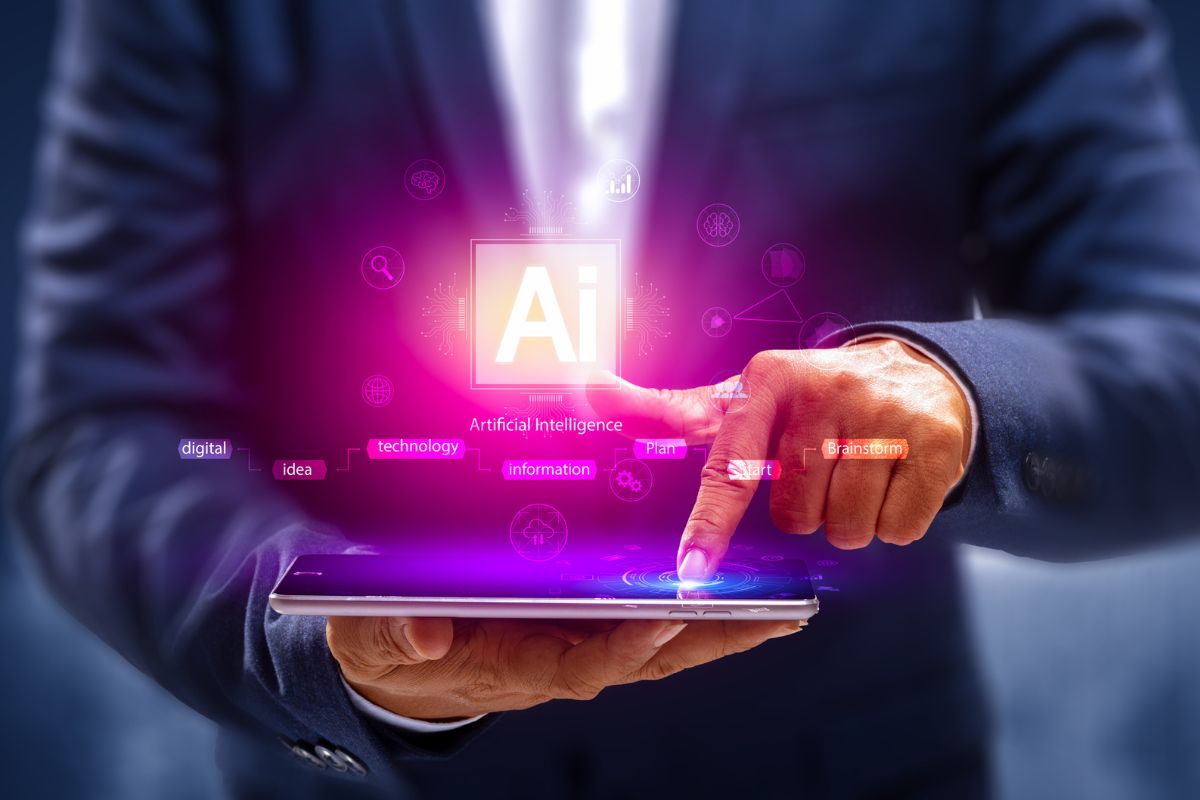
Cognition AI is transforming how we interact with technology. But what exactly is it? Cognition AI refers to artificial intelligence systems designed to mimic human thought processes. These systems can learn, reason, and make decisions, much like a human brain. Imagine having a computer that understands your needs and adapts to them. Cognition AI isn't just about smart gadgets; it's about creating machines that can think and learn. From personalized recommendations to advanced problem-solving, this technology is reshaping our world. Ready to dive into some intriguing facts about Cognition AI? Let's get started!
What is Cognition AI?
Cognition AI refers to artificial intelligence systems designed to mimic human cognitive functions. These systems can learn, reason, and make decisions, much like a human brain. Let's dive into some fascinating facts about this cutting-edge technology.
-
Cognition AI mimics human thought processes. These systems use algorithms to replicate how humans think, reason, and solve problems.
-
It can learn from experience. Machine learning, a subset of AI, allows these systems to improve their performance based on past data.
-
Natural Language Processing (NLP) is a key component. NLP enables AI to understand and respond to human language, making interactions more natural.
Applications of Cognition AI
Cognition AI has a wide range of applications across various industries. Here are some ways it's being used today.
-
Healthcare diagnostics. AI can analyze medical data to help diagnose diseases more accurately and quickly.
-
Customer service chatbots. Many companies use AI-powered chatbots to handle customer inquiries, providing instant support.
-
Financial trading. AI algorithms can analyze market trends and make trading decisions faster than any human.
How Cognition AI Works
Understanding the inner workings of Cognition AI can be complex, but here are some simplified facts to help.
-
Neural networks are the backbone. These networks are designed to simulate the way the human brain processes information.
-
Deep learning enhances capabilities. Deep learning involves multiple layers of neural networks, allowing AI to handle more complex tasks.
-
Data is the fuel. AI systems require vast amounts of data to learn and make accurate predictions.
Benefits of Cognition AI
The advantages of using Cognition AI are numerous. Here are some key benefits.
-
Increased efficiency. AI can automate repetitive tasks, freeing up humans for more complex work.
-
Improved accuracy. AI systems can analyze data more accurately than humans, reducing errors.
-
24/7 availability. Unlike humans, AI can work around the clock without needing breaks.
Ethical Considerations
While Cognition AI offers many benefits, it also raises ethical questions. Here are some important considerations.
-
Bias in AI. AI systems can inherit biases from the data they are trained on, leading to unfair outcomes.
-
Privacy concerns. The use of personal data by AI systems raises questions about privacy and data security.
-
Job displacement. Automation through AI could lead to job losses in certain sectors.
Future of Cognition AI
The future of Cognition AI looks promising, with many exciting developments on the horizon.
-
AI in education. AI could revolutionize education by providing personalized learning experiences.
-
Smart cities. AI can help manage urban infrastructure more efficiently, leading to smarter cities.
-
Enhanced creativity. AI is being used to create art, music, and even literature, pushing the boundaries of creativity.
Challenges in Cognition AI
Despite its potential, Cognition AI faces several challenges that need to be addressed.
-
Data quality. Poor quality data can lead to inaccurate AI predictions and decisions.
-
Computational power. Advanced AI systems require significant computational resources, which can be costly.
The Final Word on Cognition AI
Cognition AI is changing how we interact with technology. From enhancing decision-making to improving healthcare, its impact is undeniable. This tech isn't just about crunching numbers; it's about understanding and mimicking human thought processes. With machine learning and natural language processing, Cognition AI can analyze vast amounts of data, recognize patterns, and even predict outcomes.
Businesses are leveraging this to boost efficiency and drive innovation. Meanwhile, in education, it's providing personalized learning experiences. The potential applications are endless, and we're only scratching the surface.
As we move forward, Cognition AI will continue to evolve, offering even more sophisticated solutions. Staying informed about these advancements is crucial. Whether you're a tech enthusiast or just curious, understanding Cognition AI can give you a glimpse into the future of technology. Embrace the change and see where it takes us.
Was this page helpful?
Our commitment to delivering trustworthy and engaging content is at the heart of what we do. Each fact on our site is contributed by real users like you, bringing a wealth of diverse insights and information. To ensure the highest standards of accuracy and reliability, our dedicated editors meticulously review each submission. This process guarantees that the facts we share are not only fascinating but also credible. Trust in our commitment to quality and authenticity as you explore and learn with us.
